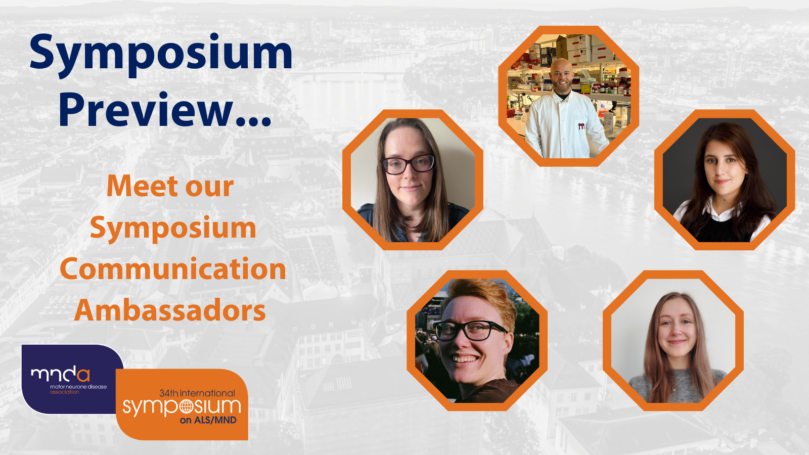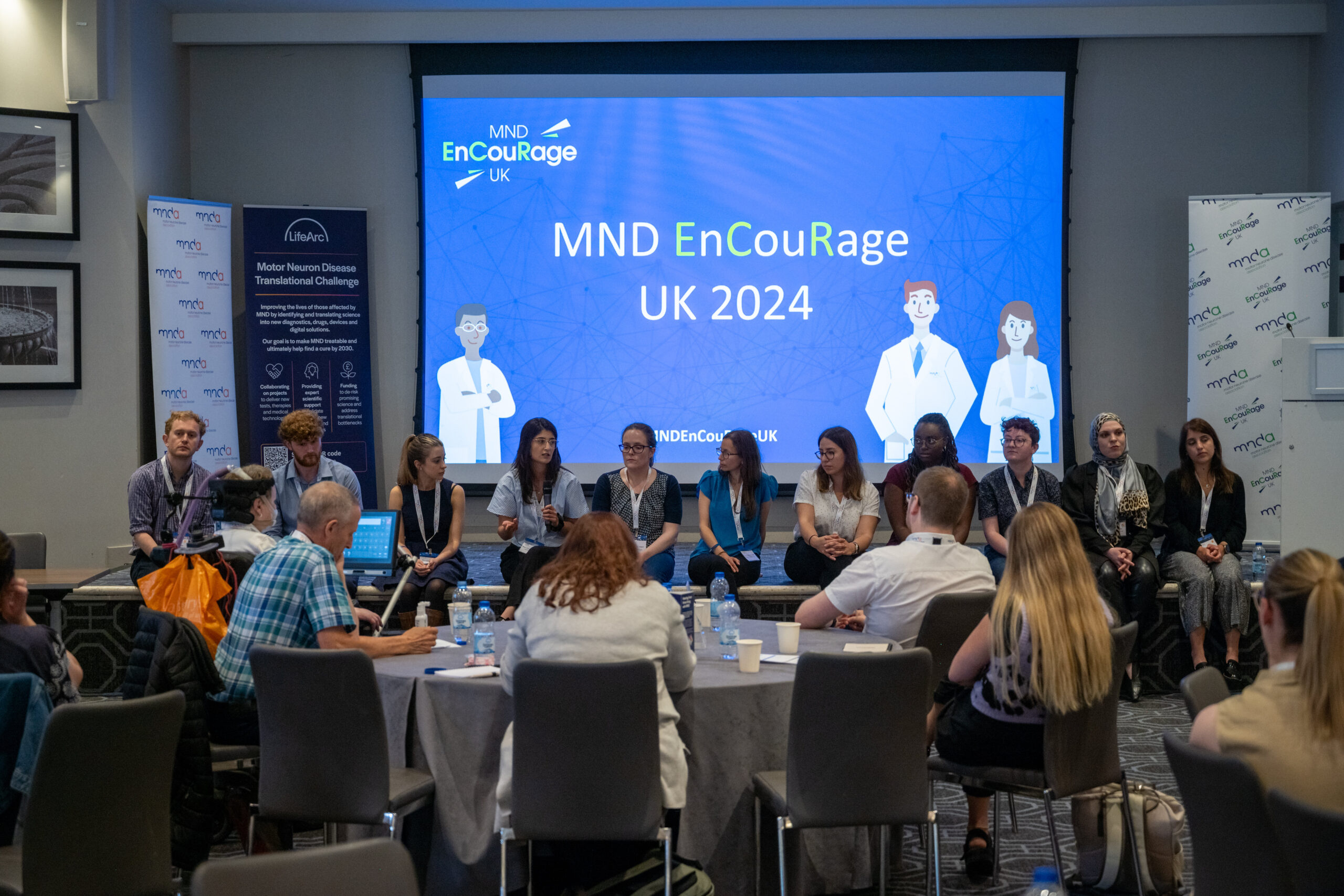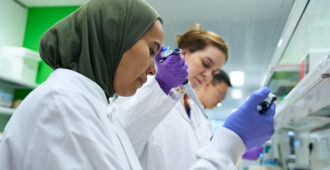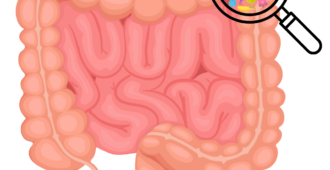As the research team count down to this year’s International Symposium on ALS/MND, we have been posting blogs throughout November to give you a snapshot of some of the research being presented at this year’s event. This year marks the 34th Symposium and we are looking forward to hosting this global event which gives the MND research community the chance to share their work, exchange knowledge and foster new collaborations.
Each year at the Symposium, there is a huge amount of research presented on a range of topics from across the globe. With the Symposium returning to an in-person event this year, we are keen to increase the number of updates we share for those not able to attend, including people living with and affected by MND.
To help us do this, we have launched a new Symposium Communications Ambassador Programme so we can bring more of the research from the Symposium to non-scientific audiences. This programme was open for applications from early career researchers working in MND, who were interested in helping us shine a light on MND research happening across the world. This year we have 5 early career researchers taking part in the Programme, who will gain experience and new skills in communicating research to different audiences. Before, during and after the Symposium our Ambassador’s will be helping us to share the latest research with the MND community.
Read on to find out more about our Ambassadors and use the buttons below to follow them on socials to see their updates from the Symposium.
Hannah
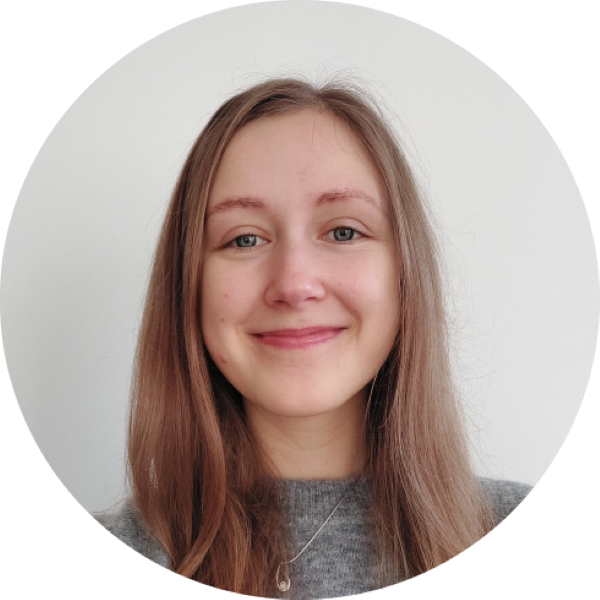
I’m Hannah, a PhD student at the University of Nottingham researching cells called astrocytes in MND. My undergraduate degree was in Biochemistry, where my interest in disease research began. I am researching a particular type of cell called astrocytes, which are known to help protect motor neurones. Evidence suggests that in MND astrocytes can lose this protective ability. I am looking to see if this protective ability can be improved. To do this, we are targeting small molecules, called microRNAs in astrocytes. We hope that this work may lead to a possible new way to treat MND. You can read more about my research in a blog post.
What are you most looking forward to at the symposium?
I’m looking forward to meeting fellow researchers at the Symposium and hearing about a broad range of topics related to MND. I’m particularly looking forward to the session ‘Proteostasis and Proteotoxicity’, to learn more about how proteins can cause problems in MND.
What piece of MND research are you really excited by right now?
A recent area of MND research which I find particularly interesting is the identification of ‘cryptic exon’ use in motor neurones. A key biological feature of MND is a protein called TDP-43 not working properly. This results in sections of genetic material which are normally ‘hidden’, called cryptic exons, being used by cells to make protein. Research has shown that this seems to significantly affect levels of the proteins Stathmin-2 and UNC13A, which are key for motor neurone survival. I find this research especially interesting as understanding TDP-43 will likely be important to find a cure for MND, and we are still learning new things about the protein.
What’s an interesting fact about you?
In my free time I love playing the guitar, which is a good switch off after a long day in the lab!
Follow Hannah on:
Alicia
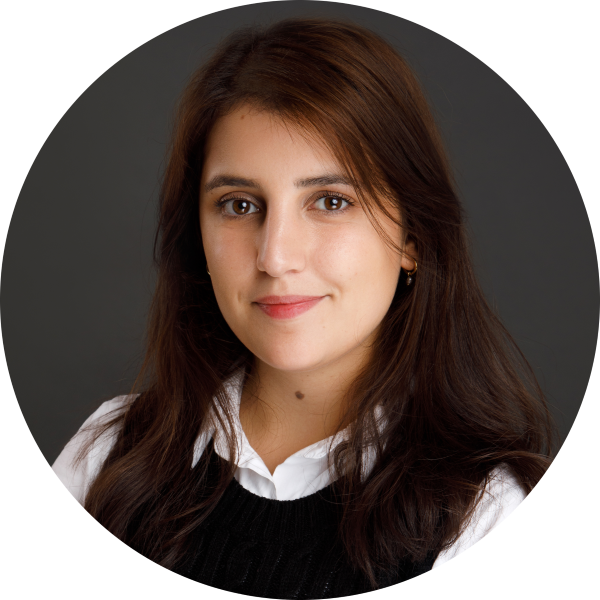
I am a postdoctoral researcher in the Nuffield Department of Clinical Neurosciences at the University of Oxford, working with Prof. Martin Turner.
Currently, I apply neuroimaging techniques with high resolution to identify new biomarkers of neurodegeneration. Biomarkers are biological signals which could be used to improve diagnosis, prognosis and determine if a treatment is having a beneficial effect. I am particularly excited about using magnetoencephalography (MEG), a neuroimaging technique that directly measures brain activity, to detect early changes in people who are at-risk of developing MND but are not currently showing symptoms.
I recently completed my PhD at the University of Tübingen in Germany. My research investigated what goes wrong in the brains of people with MND. I showed that one person with very-slowly progressing MND had less damage to a protective layer that wraps around nerve cells, known as myelin, compared to people with ‘typically’ progressing MND. This suggests that myelin could potentially be a future marker of prognosis.
What are you most looking forward to at the symposium?
At the upcoming symposium, I am looking forward to session 10C on surrogate markers (measurements or signs that can be used in clinical trials as an alternative measure of how effective a new treatment might be), including the talks from Saroj Bista and Michael Trubshaw.
What’s an interesting fact about you?
I have been white water rafting on the Nile!
Follow Alicia on:
Ben
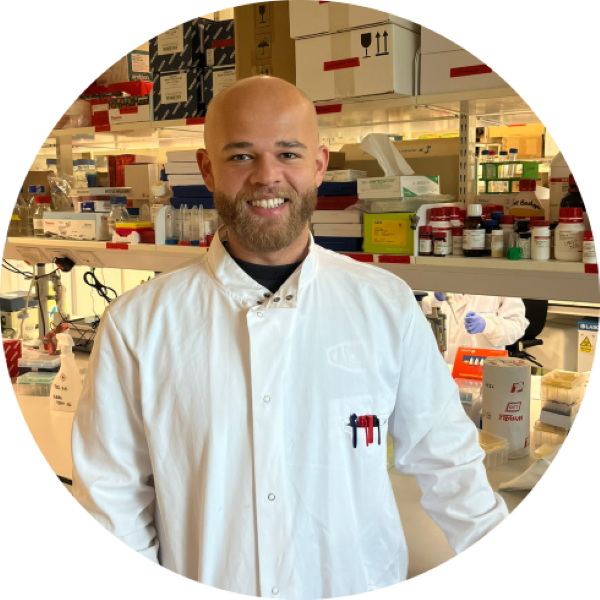
Hi, I’m a researcher working at the University of Sheffield. My work focuses on understanding how MND changes metabolism, the set of reactions in the body that combine to sustain our health. During MND, the balance of these reactions becomes altered, which is thought to contribute to motor neuron death. My work specifically centres on the areas of our metabolism that are required to produce energy. These areas of metabolism are especially important as motor neurons require a huge amount of energy to carry out their functions. We aim to discover why these changes occur and then use that information to try and develop treatments that counteract these changes.
What are you most looking forward to at the symposium?
I’m most looking forward to meeting up with the inspiring people involved in MND research, they’re a great crowd and I really enjoy finding out about their research!
What piece of MND research are you really excited by right now?
I think that artificial intelligence (AI) has the potential to revolutionise how we research MND. Specifically, AI could help us make essential advancements into areas such as early diagnosis, predicting disease progression and tailoring treatments to specific patient groups. Areas that we have struggled with until now.
What’s an interesting fact about you?
I was National Judo champion in 2007!
Follow Ben on:
Heather

Hello everyone, I’m Heather and I’m a final year Clinical Neuroscience PhD student at King’s College London. My work focuses on analysing large amounts of biological information from people with sporadic ALS using a computer-based method known as machine learning. This allows us to place people into groups based on their biological features, which in the future could be used to select those people that are more likely to respond to treatments.
What are you most looking forward to at the symposium?
I am really looking forward to attending both the ‘Genetics and Genomics’ and ‘Tissue Biomarkers’ sessions at the event, as they both align with my area of research, as well as attending the event in person in beautiful Basel!
What piece of MND research are you really excited by right now?
At the moment, I am excited by research which focuses on improving participation in MND clinical trials and the development of alternative eligibility criteria which will make clinical trials more widely accessible.
What’s an interesting fact about you?
Outside of research, I really enjoy creating embroidery, tapestry and mosaic art and going to music gigs. I am also a 3rd stripe black belt in karate, previously competing at national and international levels, although nowadays I lead a more chill life.
Follow Heather on:
Avril
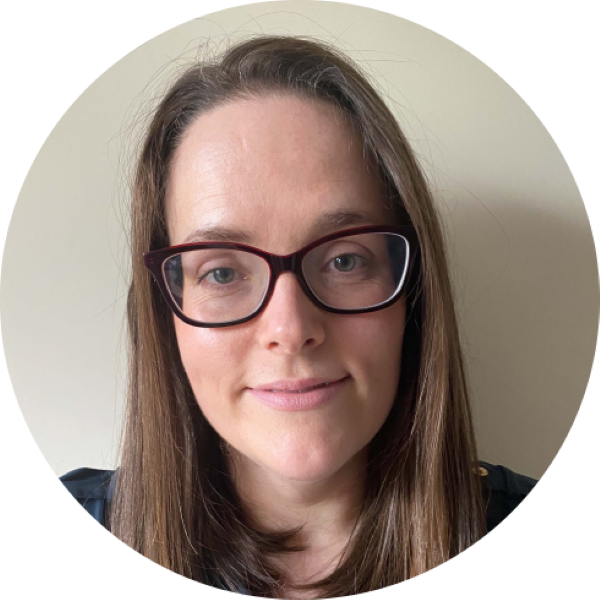
Hi, my name is Avril Mc Tague. I am a physiotherapist with over 14 years of clinical experience, working in primary care. Now I am completing a PhD at Trinity College, Dublin, Ireland as part of the Multidisciplinary Innovation and Research Advancing Neurological care in Digital Age (MIRANDA) doctoral award programme. This programme is funded by the Health Research Board in Ireland. The focus of my PhD is to develop a tele-rehabilitation platform for people living with MND. The aim is to use digital technology, such as phones or the internet, to help support the care of people living with MND. We know that travelling to clinic can be burdensome for people with MND and their caregivers, so performing some care remotely could be beneficial.
What are you most looking forward to at the symposium?
I am looking forward to attending the symposium in person for the first time and connecting with other researchers in the MND community. I am particularly interested in the clinical platform sessions on technology and telemedicine as well as improving clinical care.
What piece of MND research are you really excited by right now?
I am excited by the research emerging on the use of respiratory strength training for people living with MND as well as the studies on the benefits of remote monitoring and telemedicine in MND care.
What’s an interesting fact about you?
Once, I won a radio competition to see the band U2 live in Paris.
Follow Avril on:
Make sure to follow our Ambassadors on socials if you want to hear the latest updates from this year’s Symposium, and keep an eye out for guest blogs from them sharing some of the research presented after the Symposium!
We would like to say a huge thank you to our Symposium Communications Ambassadors for their commitment to this programme and giving their time to help us share updates from the Symposium with the wider MND community.
If you’ve enjoyed meeting our Symposium Communications Ambassadors and haven’t read the previous blogs in this series, you can read them here. Keep an eye out next week for more sneak peaks of talks by our ALS/FTD Plenary Speakers!
We’re very much looking forward to the Symposium being back in-person this year and we hope you’ll be joining us either in Basel or online!
There’s still time to register for in-person and online if you haven’t already!
Online attendance will allow delegates to watch some sessions live, with on demand access for all sessions available after the event (on demand access will also be available to those who attend in-person).
Stay informed
You can find out more about the International Symposium on ALS/MND on the website and view the full programme for this year’s event.
Follow our Symposium Communication Ambassadors on socials using the buttons above, or you can follow our research account on Twitter. The Ambassadors will be posting about up to the minute research being presented at the event, and we will also be tweeting throughout the Symposium, using the hashtag #alsmndsymp.

